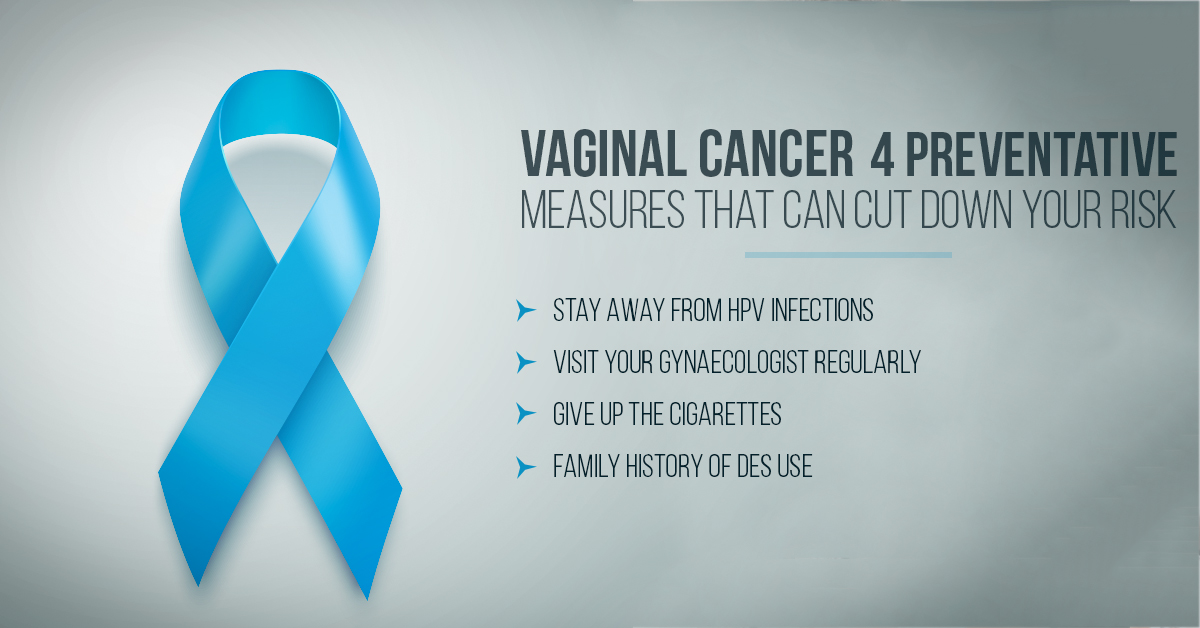
Book a Consultation
Thank you!
Your form has been sent successfully.



March 25, 2021
The vagina is often referred to as the birth canal as it is through this passage that a baby exits its mother’s body and enters the world. It, therefore, plays a crucial role in a woman’s life. When this organ falls prey to cancerous cells, it can cause a variety of symptoms that include:
Unexpected Bleeding – Spotting that usually occurs after intercourse and is not a part of your menstrual cycle can be a sign of carcinoma.
Irregular Discharge – Excessive watery secretion is a sign that warrants a visit to your ob-gyn.
Troubled Urine Flow – The urge to urinate again and again as well as experiencing pain while passing urine are both signs that could point towards a carcinogenic growth.
Pelvic Discomfort – Any pelvic pain that lasts for an extended period can be a worrisome sign.
Appearance Of A Lump – It is necessary to get any unusual growths that you can sense around the vaginal area examined for malignancy by a doctor. Vaginal carcinoma can be primary or secondary depending on the origin of the carcinogenic cells. If these cells show up directly at the site, then it is a primary carcinoma. On the other hand, if they have moved from a different primary location, then the condition is a secondary carcinoma. Aside from this kind of broad classification, primary cancer is further broken down into the following types based on its location within the vagina:
Squamous Cell Carcinoma – Cells that appear on the coating of the wall
Adenocarcinomas – Cells that multiply in the glands present on the wall
Melanomas – Growths that show up in the bottom end or exterior covering.
Sarcomas – Cells that grow deep within the wall.
There are several things that one can do to lower their risk of developing this disease.
These are as follows:
Take Protective Measures To Stay Away From HPV Infections. HPV is known to cause infectious warts on female genitalia. Such a condition can also make the body more vulnerable to cancer. To steer clear of HPV, avoid having multiple sexual partners. Using a condom can also help cut down your risk.
Visit Your Gynaecologist Regularly – Annual pelvic examinations which include a pap smear test can help detect pre-cancerous changes in the vagina. Catching the disease at such an early stage improves the chances of a full recovery.
Give Up The Cigarettes – Smoking has been linked to many diseases apart from the ones that affect the respiratory system. It can promote the development of vaginal carcinoma too.
Family History Of DES Use – A miscarriage preventing drug known as DES was a common prescription in the 50s and 60s. This drug was later found to increase the risk of adenocarcinomas especially in the female offspring of mothers who took it during their pregnancy. Check with your mother and grandmother if they were ever on this drug. Inform your doctor if they confirm using DES.
For more information on various types of cancers and their treatments, please visit our website – Advanced Cancer Treatment Centers.


January 07, 2026
A chemo port is a small device placed under your skin that makes recei...
KNOW MORE

December 24, 2025
It's natural to wonder if testosterone replacement therapy (TRT) is sa...
KNOW MORE

December 24, 2025
A rash that will not calm down is scary, especially when it changes or...
KNOW MORE

December 24, 2025
Florida’s lung cancer burden remains significant and affects many fa...
KNOW MORE

December 24, 2025
A partial hysterectomy, also called a supracervical hysterectomy, is s...
KNOW MORE

December 24, 2025
Finding a rash on your breast can be unsettling, but remember, many ra...
KNOW MORE
